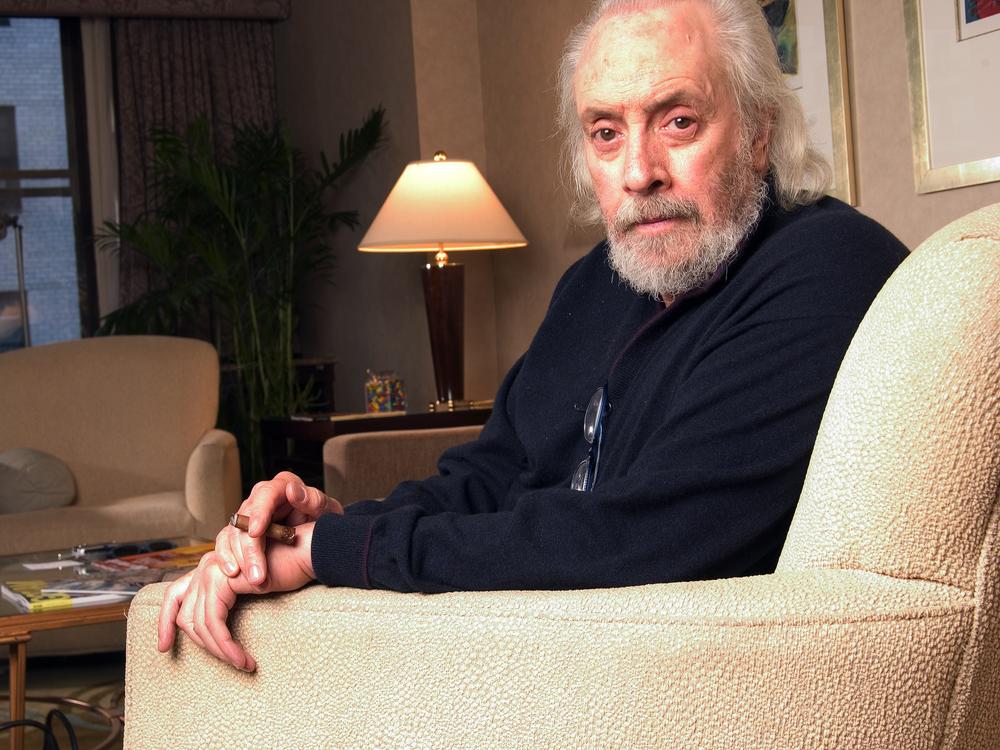Section Branding
Header Content
Opinion: Remembering the star screenwriter Robert Towne
Primary Content
I’ve heard dozens of jokes about screenwriters that I can’t repeat here. The punchlines suggest that in the hierarchy of Hollywood, screenwriters come last, after producers, directors, stars, and probably the caterer.
But Robert Towne, who died this week at the age of 89, was something rare: a star screenwriter.
“There are no novels or plays I’m itching to write and there never have been,” he wrote for Esquire magazine in 1991.
And Towne’s movie characters said things that stick with you.
In the 1974 film Chinatown, for which he won the Academy Award, an informant calls LA gumshoe Jake Gittes, played by Jack Nicholson, and asks, “Are you alone?” The private eye replies, “Isn’t everyone?”
When someone calls Jake Gittes an innocent man, Towne has him say, “Well, I’ve been accused of a lot of things before ... but never that.”
In 1973’s The Last Detail, a career sailor on hard duty, also played by Jack Nicholson, is asked if he’s ever been married. He says, and not wistfully, “Yeah ... once ... She wanted me to go to trade school and become a TV repair man. Driving all around in all that smog, fixing TVs out of the back of a VW bus. I just couldn’t do it.”
It’s a speech that captures “the last detail” of feared tedium.
Pauline Kael, the New Yorker critic, once wrote that Towne had an “ear for unaffected dialogue,” and “a gift for never forcing a point.”
He reportedly touched up the scene in Francis Ford Coppola’s The Godfather where Don Corleone and his son, Michael, whom he never wanted to join his crime family, discuss mob hits and treacheries. Then Don looks up to ask, “How’s your boy?” “He’s good,” Michael tells him. “He's smarter than I am. Three years old and he can read the funny papers.”
The conversation’s shift from murderous to tender feels entirely sincere.
Towne was a professional. He won Oscars, BAFTA awards, and Golden Globes, but many of his scripts never became films. Or, didn’t turn out as he’d hoped. He wrote the screenplay for a Tarzan film, but didn’t like the eventual production, and so put the name of his dog, P.H. Vazak, in the credits. The worldwide Oscars audience later heard the name of Towne’s dog read out as a nominee for 1984’s best adapted screenplay.
As with so much else Towne wrote, that scene couldn’t have been scripted better.

